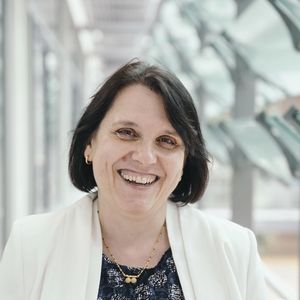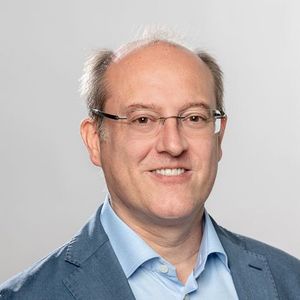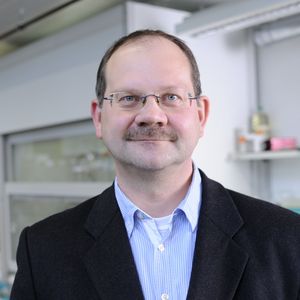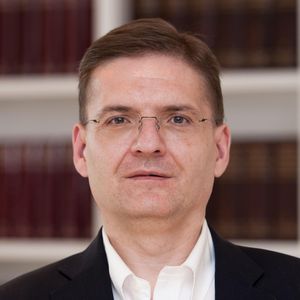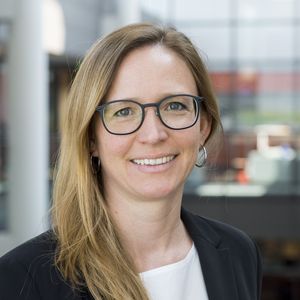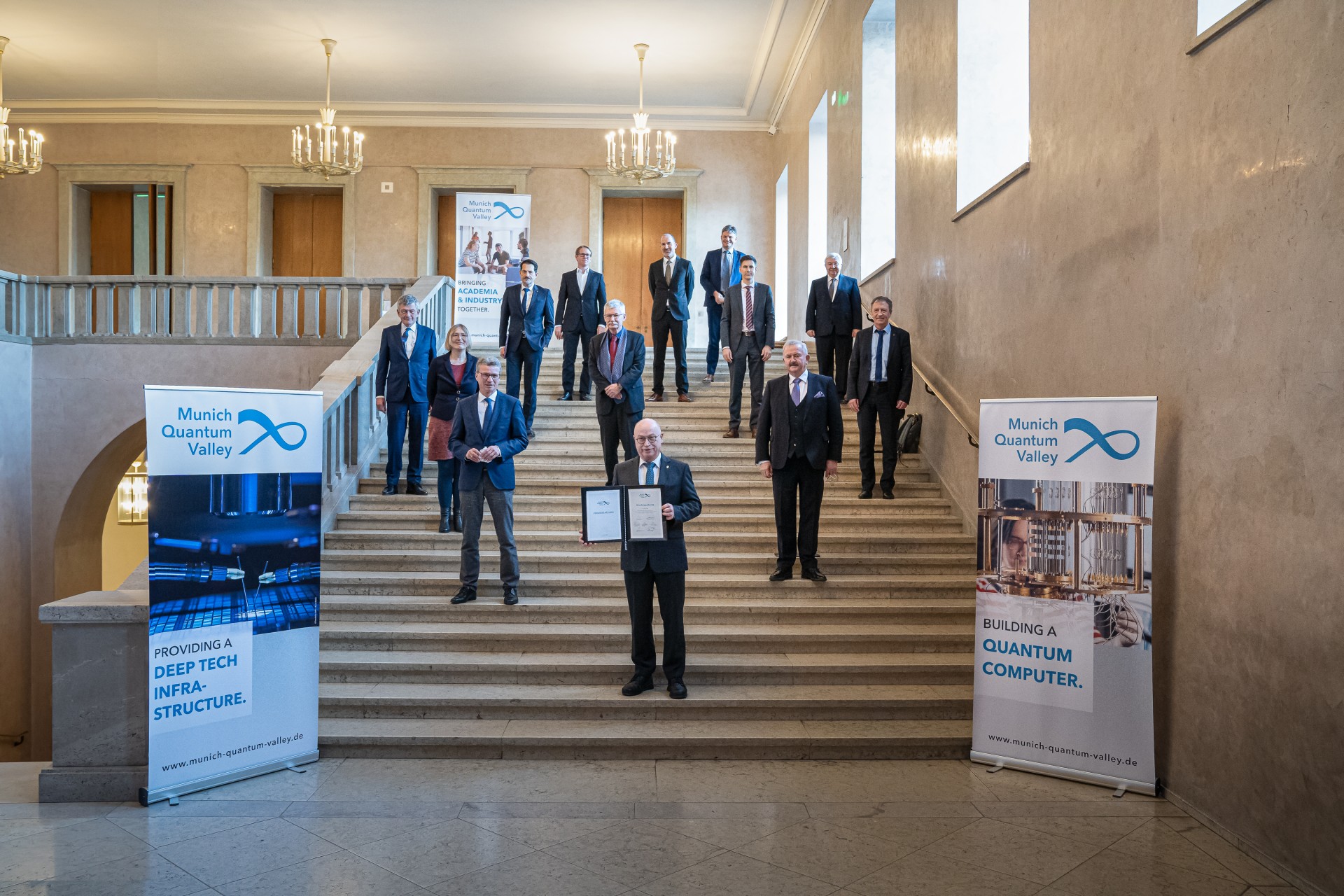
MQV association
Munich Quantum Valley (MQV) aims to develop and operate competitive quantum computers in Bavaria as well as establish a broad understanding of quantum technologies and their benefits for society. It is the task of the MQV association to direct and coordinate the efforts within Munich Quantum Valley.
On 27 January 2022, the Munich Quantum Valley e.V. was founded by the Bavarian Academy of Sciences and Humanities (BAdW), the Fraunhofer-Gesellschaft (FhG), the Friedrich-Alexander-Universität Erlangen-Nürnberg (FAU), the German Aerospace Center (DLR), the Ludwig-Maximilians-Universität München (LMU), the Max Planck Society (MPG), and the Technical University of Munich (TUM).
The purpose of the Munich Quantum Valley e.V. is the promotion of quantum technology and quantum science as well as education and training in this field with a focus on Bavaria. In particular, this purpose is realized by the following tasks (excerpt from the statute):
- Development of a Center for Quantum Computing and Quantum Technology
- Joint acquisition of third-party funds by the members of the association
- Coordination of the MQV consortia and associated projects
- Development and implementation of a concept for the joint exploitation of the achieved research results for the transfer into practice
- Establishment of strategic alliances with companies in the field of quantum science and quantum technology and cooperation with external partners
- Development of a quantum technology park
- Promotion of young scientists including training in the field of entrepreneurship
- Advising the members of the association on the establishment of new departments and professorships in the field of quantum computing and quantum technology
- Joint public-relations work
Other important Bavarian and national research institutions and universities with strong activities in quantum science and technology will be efficiently connected to Munich Quantum Valley and participate in its activities. Based on the strength of its founding institutions and long-term institutional funding, Munich Quantum Valley will plays a key role in a national and European quantum strategy.
Executive Board
Founding members
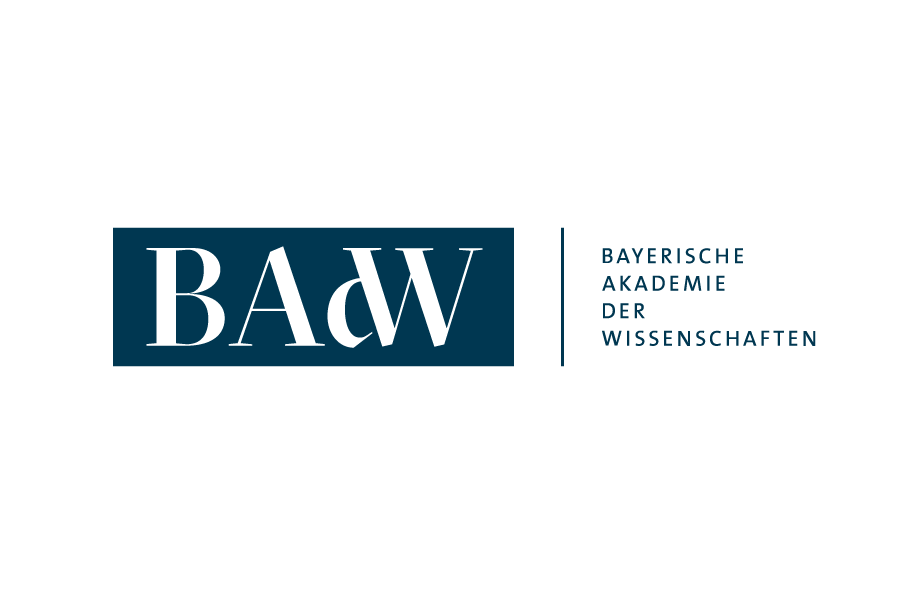
Bavarian Academy of Sciences and Humanities (BAdW)
Positioned at the top of the research rankings, the Bavarian Academy of Sciences and Humanities is the largest of the eight state academies in Germany. It specializes in innovative long-term research, networks scholars across disciplines and national boundaries, engages with politics and civil society, supports early career researchers and provides a first-rate forum for dialogue between the scientific community and the general public. The Academy also includes the Leibniz Supercomputing Center, one of the largest supercomputing centers in Europe, the Walther Meißner Institute for Low Temperature Research (WMI) and the Bavarian Research Institute for Digital Transformation.
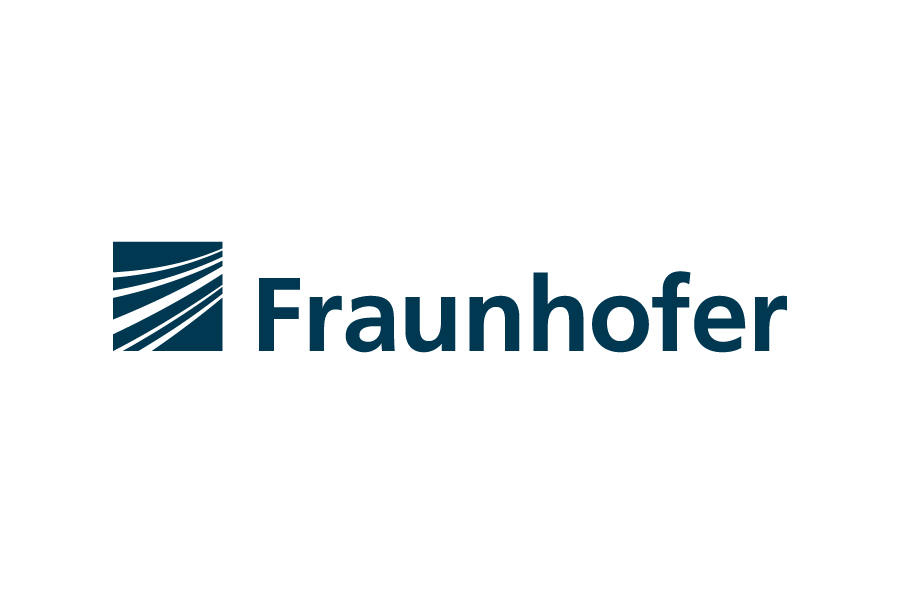
Fraunhofer-Gesellschaft (FhG)
The Fraunhofer-Gesellschaft based in Germany is the world’s leading applied research organization. Prioritizing key future-relevant technologies and commercializing its findings in business and industry, it plays a major role in the innovation process. A trailblazer and trendsetter in innovative developments and research excellence, it is helping shape our society and our future. Founded in 1949, the Fraunhofer-Gesellschaft currently operates 76 institutes and research units throughout Germany. Over 30,000 employees, predominantly scientists and engineers, work with an annual research budget of €2.9 billion. Fraunhofer generates €2.5 billion of this from contract research.
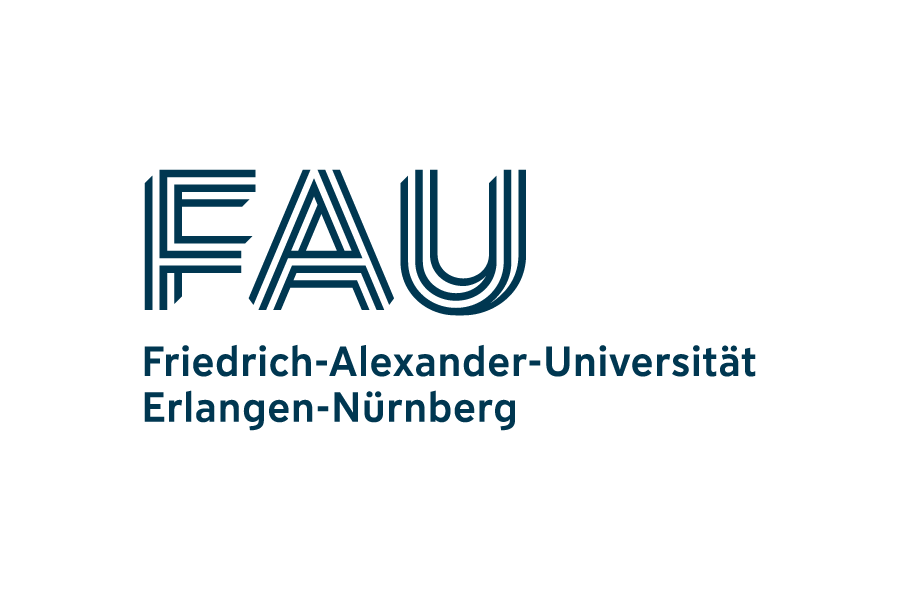
Friedrich-Alexander-Universität Erlangen-Nürnberg (FAU)
Friedrich-Alexander-Universität Erlangen-Nürnberg (FAU), established in 1743, is one of the largest universities in Germany, with over 38,500 students, 600 professors and more than 14,500 members of staff. At present, FAU is leading or contributing to 107 projects funded by the German Research Foundation (DFG). FAU offers around 260 degree programmes, including nine Bavarian Elite Master's degree programmes and around 50 programmes with a distinct international focus. No other German university offers such a broad and interdisciplinary range of subjects on all qualification levels. FAU students enjoy global mobility thanks to partnerships with higher education institutions throughout the world.
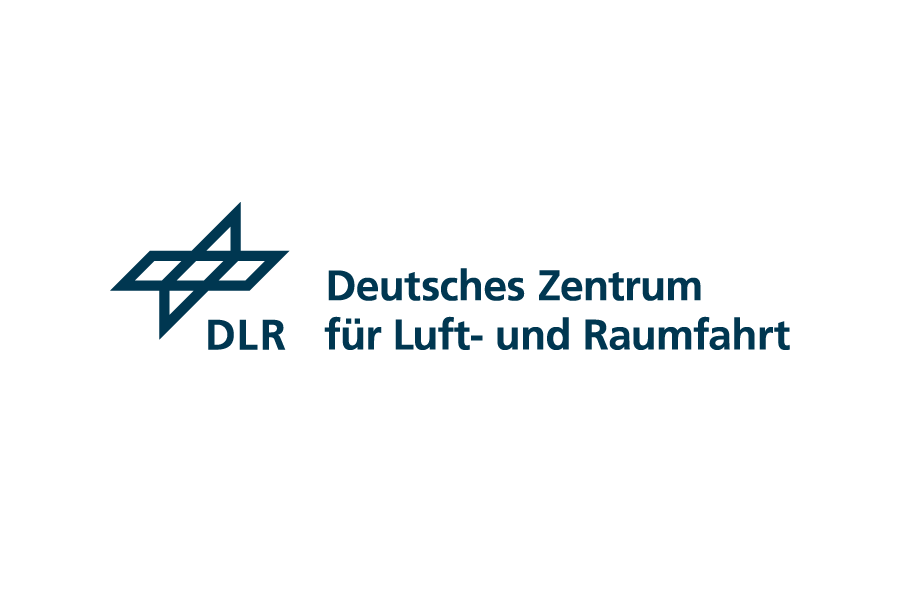
German Aerospace Center (DLR)
DLR is the Federal Republic of Germany’s research centre for aeronautics and space. It conduct research and development activities in the fields of aeronautics, space, energy, transport, security and digitalisation. The German Space Agency at DLR plans and implements the national space programme on behalf of the federal government. Two DLR project management agencies oversee funding programmes and support knowledge transfer. Climate, mobility and technology are changing globally. DLR uses the expertise of its 55 research institutes and facilities to develop solutions to these challenges. Our 10,000 employees share a mission – to explore Earth and space and develop technologies for a sustainable future. In doing so, DLR contributes to strengthening Germany’s position as a prime location for research and industry.
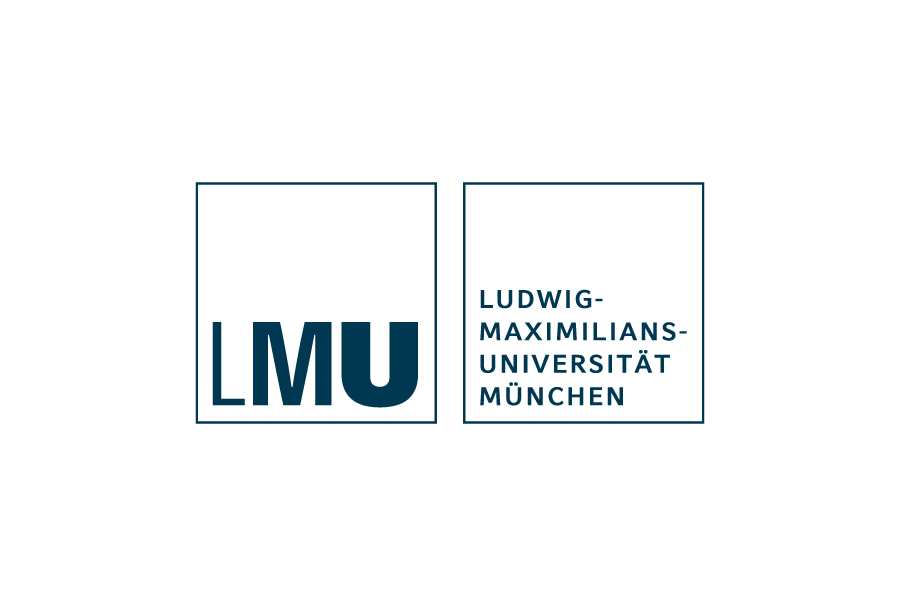
Ludwig-Maximilians-Universität München (LMU)
As one of Europe's leading research universities, LMU Munich is committed to the highest international standards of excellence in research and teaching. Building on its more than 500-year-tradition of scholarship, LMU covers a broad spectrum of disciplines, ranging from the humanities and cultural studies through law, economics and social studies to medicine and the sciences. 18 percent of LMU‘s 50,000 students come from abroad, originating from 130 countries worldwide. The know-how and creativity of LMU's academics form the foundation of the University's outstanding research record. This is also reflected in LMU‘s designation as a "university of excellence" in the context of the nationwide Excellence Strategy to promote top-level university research.
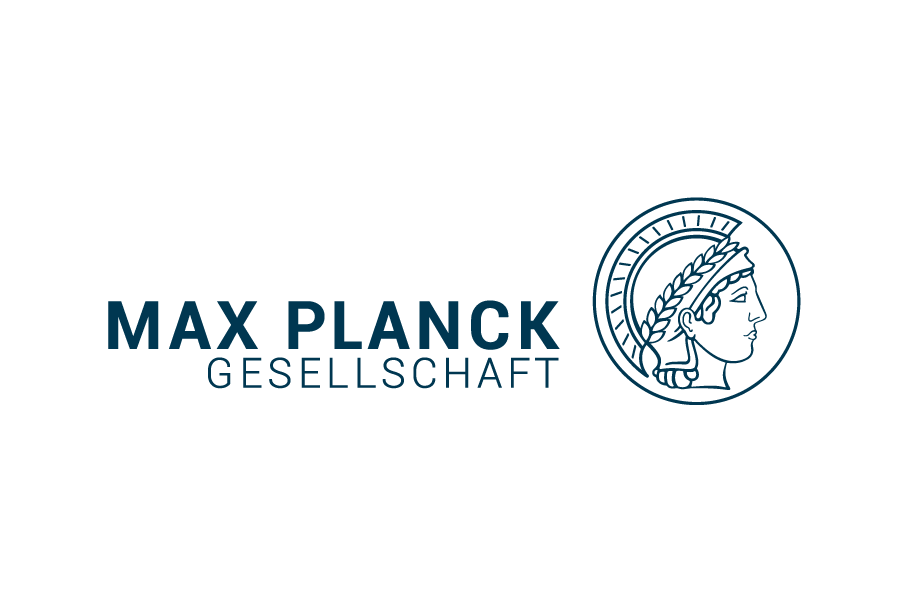
Max Planck Society (MPG)
The Max Planck Society conducts basic research in the natural sciences, life sciences, and humanities. It was founded in 1948 as a successor organisation to the Kaiser Wilhelm Society and has 29 Nobel laureates in its ranks. More than 15,000 publications in scientific journals every year - many of them in renowned journals such as Science and Nature - also testify to the outstanding work at the Max Planck Institutes. In important rankings, such as the Nature Index or the Index of Highly Cited Researchers, Max Planck has been among the top 5 worldwide for years. The Max Planck Society with its 86 Max Planck Institutes and facilities and about 24,000 employess is the international flagship for German science. In addition to five foreign institutions, it operates more than 22 Max Planck Centers with research institutions such as the Princeton University in the USA, the Paris University Science Po in France, the University College London in UK, and the University of Tokyo in Japan. Over 16,000 early career researchers and visiting scientists conduct research at Max Planck Institutes every year. Equally funded by federal and state governments, the Max Planck Society had an annual budget of 1.8 billion euros in 2021.
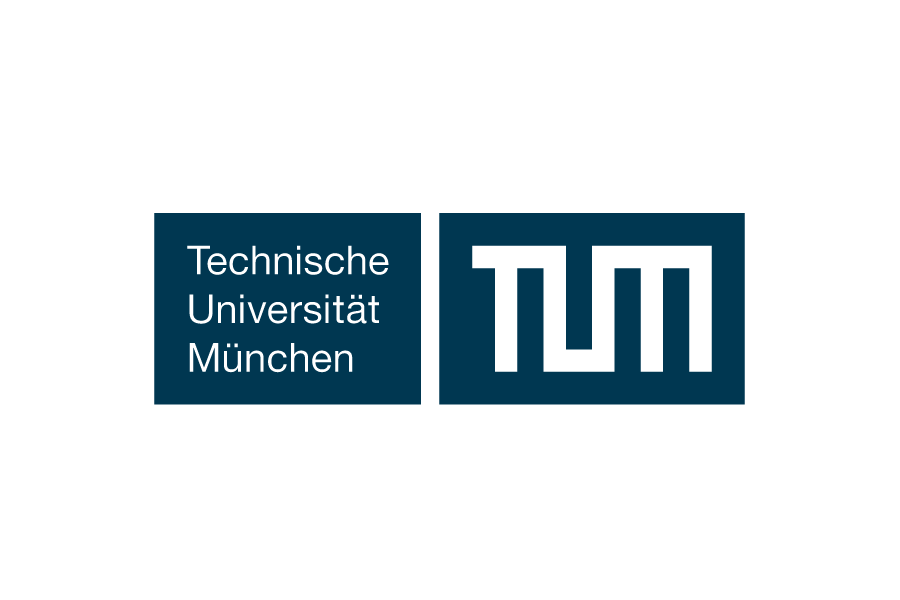
Technical University of Munich (TUM)
The Technical University of Munich (TUM) is one of Europe’s leading research universities, with more than 600 professors, 48,000 students, and 11,000 academic and non-academic staff. Its focus areas are the engineering sciences, natural sciences, life sciences and medicine, combined with economic and social sciences. TUM acts as an entrepreneurial university that promotes talents and creates value for society. In that it profits from having strong partners in science and industry. It is represented worldwide with the TUM Asia campus in Singapore as well as offices in Beijing, Brussels, Mumbai, San Francisco, and São Paulo. Nobel Prize winners and inventors such as Rudolf Diesel, Carl von Linde, and Rudolf Mößbauer have done research at TUM. In 2006, 2012, and 2019 it won recognition as a German "Excellence University". In international rankings, TUM regularly places among the best universities in Germany.


